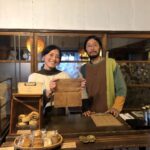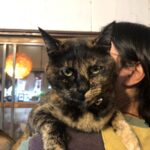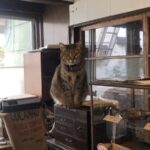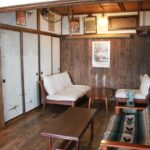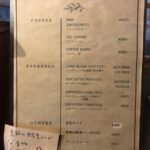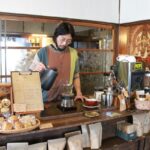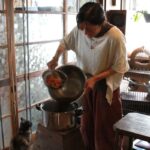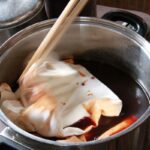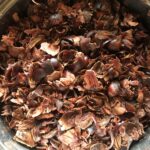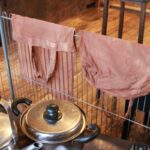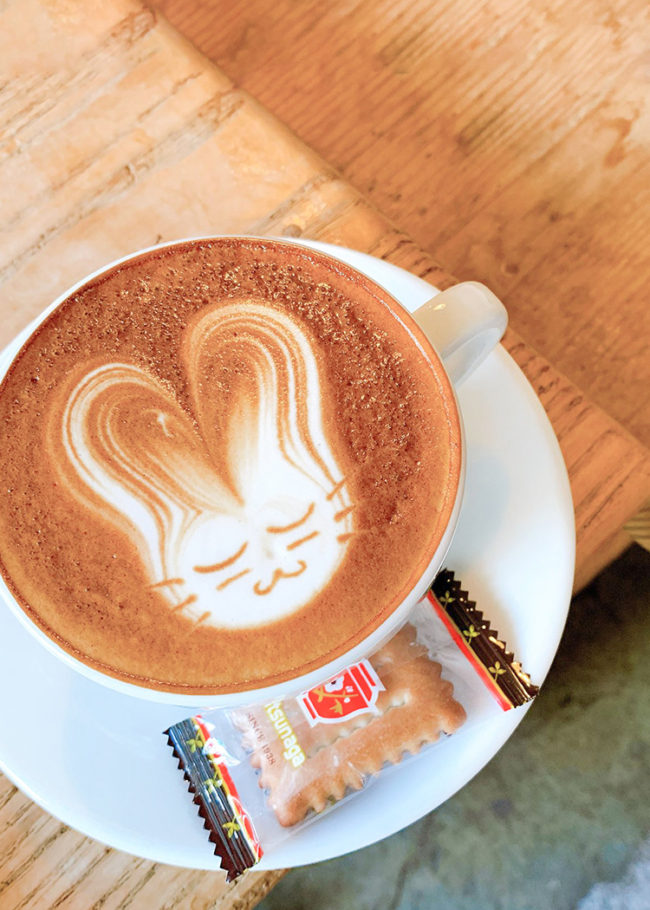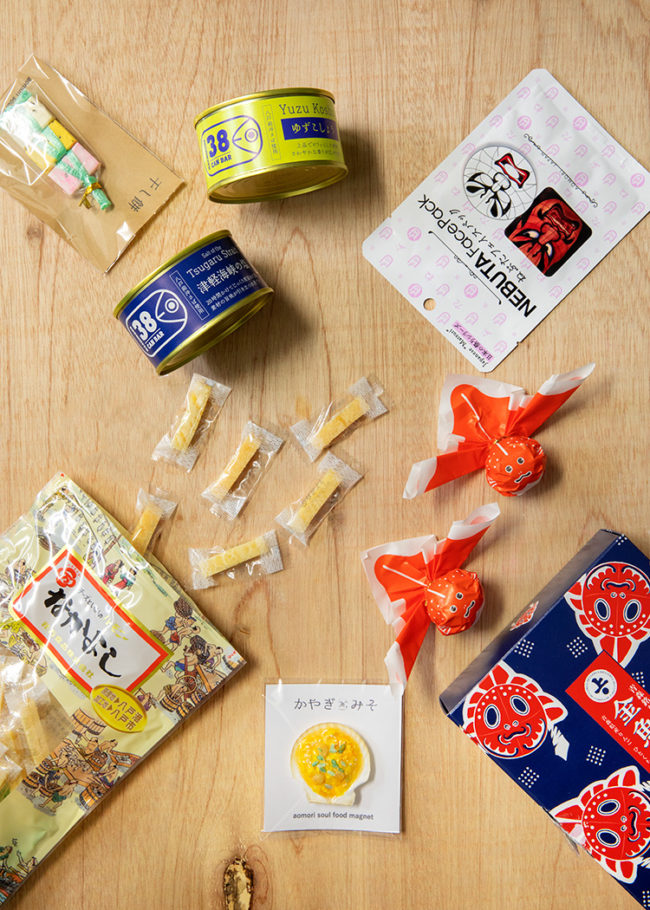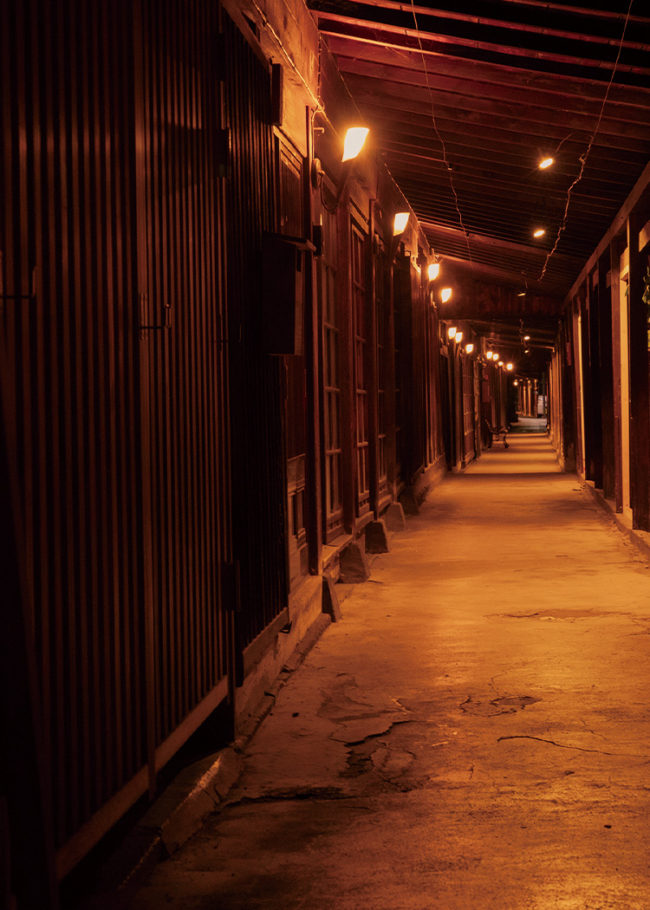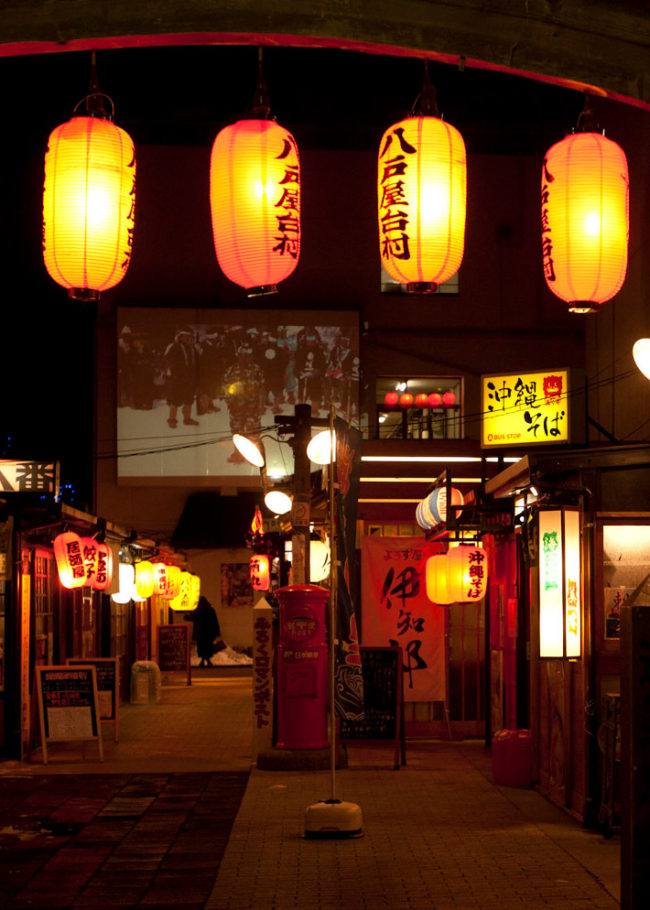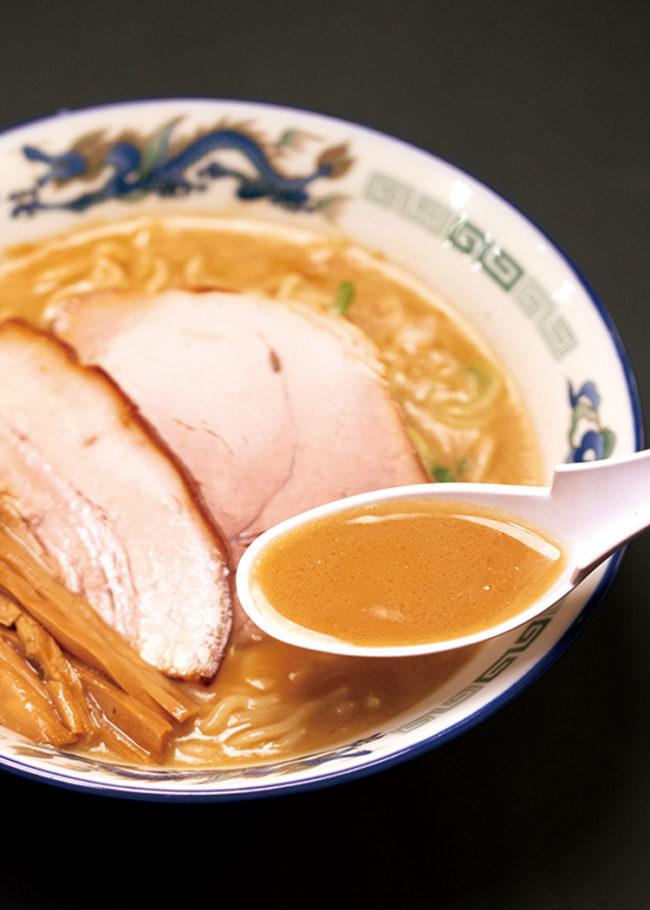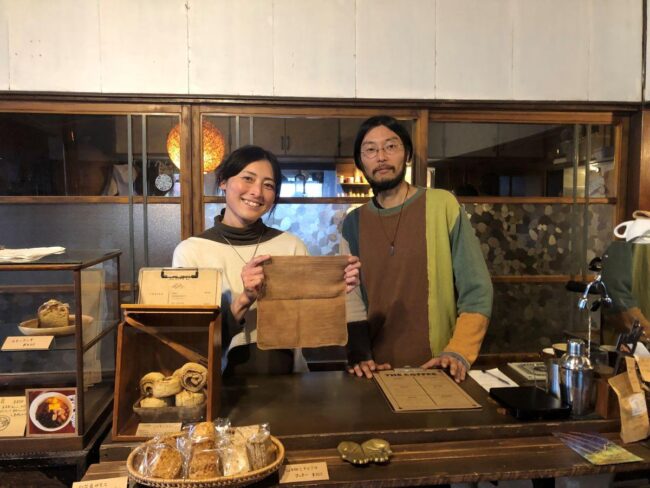
Noheji coffee shop holds “chestnut dyeing” workshop and considers upcycling
On November 14th, the coffee shop ``Jiyu Boku Minzoku Coffee'' (Noheji Machiya Noue) started a ``chestnut dyeing workshop'' using chestnut skins.
"Jiyukizoku Coffee" is a "lifestyle shop" that sells organic coffee and vegan sweets while exploring ways to live in accordance with the cycles of nature.
The workshop is a dyeing experience using chestnut skin from the sweets menu ``Mont Blanc'' as a dye liquid.
The chestnuts were harvested in a field on the premises of the store. Tomoyo Itabashi, a staff member at the store, said, ``I've always dyed things, but I learned that you can also dye chestnut skin.This year, I received requests from customers who wanted to try dyeing with me, so I started dyeing for the first time. "I started it as an experiment," he says.
Above the wood-burning stove inside the store is a pot filled with a dye solution that Mr. Itabashi has made in advance. ``Usually, we dye things using things like mugwort and boiled red bean juice that we collect in abundance in the fields.Our style is to use what we already have, rather than having to go out of our way to prepare materials for dyeing,'' says Mr. Itabashi. ``Because the raw material is chestnut skin, you can use the same pot you use for cooking, and the dyeing liquid can be used naturally, so it won't put a burden on the environment.''
Anyone can experience the workshop for free by ordering a drink and sweets. Those wishing to experience the experience must bring cloth products (natural materials such as cotton, linen, and silk) and a take-home bag.
The experience lasts about 60 minutes. Place the cloth in a pot containing the dye solution, boil it for about 30 minutes, and then dip it into the color fixing solution containing scallop shell powder. Wash it with water, hang it on the fence surrounding the wood stove, and let it dry. Participants can enjoy coffee and sweets while waiting for the dyeing to take place. Children can also try it out.
``It's a simple workshop, but I hope people will gain some kind of insight through dyeing cloth,'' says Mr. Itabashi. "I hope it will give you an opportunity to upcycle things that are still usable and think about how to better use what you already have," he says.
Workshops will be held on business days in November. Business days will be published on the website and SNS.
